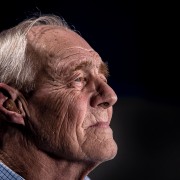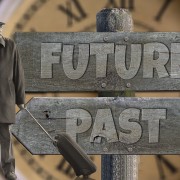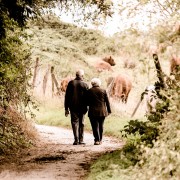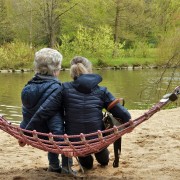Types of Elder Abuse
Orchard at Brookhaven is a senior living in Atlanta that’s committed to providing resources and information to our community. One of the topics we hear a lot about is elder abuse, as older adults can be seen as targets for other people to take advantage. We wanted to write this article to discuss the topic in more detail; including what elder abuse is, the laws protecting elders and the different types of elder abuse.
What Is Elder Abuse
Elder abuse is an intentional act, or failure to act, by a caregiver or another person in a relationship involving an expectation of trust that causes or creates a risk of harm to an older adult. An older adult is defined as someone age 60 or older. In general, elder abuse is a term referring to any knowing, intentional, or negligent act by a caregiver or any other person that causes harm or a serious risk of harm to a vulnerable adult.
Laws Protecting Against Elder Abuse
Legislatures in all 50 states have passed some form of elder abuse prevention laws. Laws and definitions of terms vary considerably from one state to another, but in general the categories of, abuse may be:
- Physical Abuse—inflicting physical pain or injury (slapping, bruising, or restraining by physical or chemical means)
- Sexual Abuse—non-consensual sexual contact of any kind.
- Exploitation—the illegal taking, misuse, or concealment of funds, property, or assets of a senior for someone else’s benefit.
- Abandonment—desertion of a vulnerable older adult by anyone who has assumed the responsibility for care or custody of that person.
- Neglect—the failure by those responsible to provide food, shelter, health care, or protection for a vulnerable older adult.
- Self-neglect—characterized as the failure of a person to perform essential, self-care tasks and that such failure threatens his or her own health or safety
- Emotional Abuse—inflicting mental pain, anguish, or distress on an elder person through verbal or nonverbal acts.
Financial Abuse On Seniors
A study in 2015 found that American seniors lose $36.48 billion each year to elder financial abuse. There are four attributes that make a senior susceptible to financial abuse.
- Capacity – this relates to a person’s ability to communicate, understand and appreciate the implications of a decision.
- Vulnerability – Any condition that puts someone at a disadvantage. Some of these may include: being in a wheelchair, having a cognitive challenge, sensory impairment such as vision or hearing loss, grief, recovering from an illness.
- Undue Influence – Elder financial abuse if a person is unduly influenced to make or change a financial decision to benefit the influencer.
- Autonomy – Freedom of external control or influence.
Most Common Types of Elder Abuse
Elder abuse comes in many forms including:
- Scams – often called fund raisers and are sent by fax, email or letters. These are used to trick recipients into providing personal and or bank information.
- Fraud – Credit card fraud is the most common form of identity theft.
- Embezzlement – Elderly employers who entrust funds can often have employees skim funds.
- Theft – This can look as simple as a child helping themselves to their parent’s assets.
- Undue Influence – People who are vulnerable, can be susceptible to coercion.
You can learn more about elder abuse on the ACL.gov and HelpGuide.org websites.










